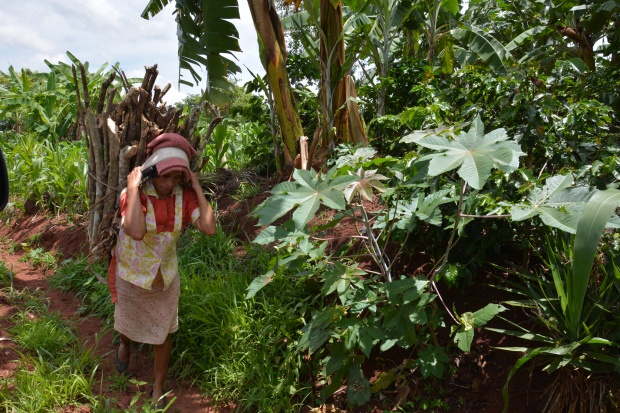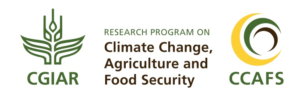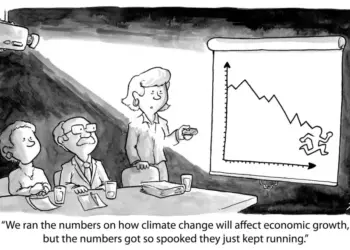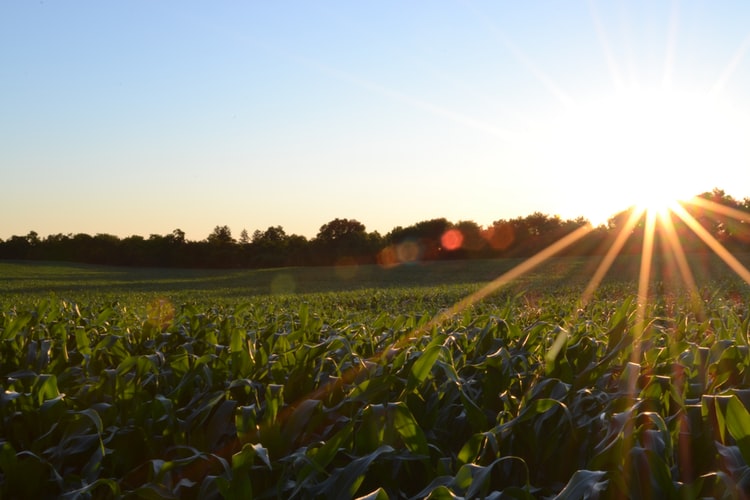A new working paper examines research on scaling as a method to promote adoption and effective uptake of climate-smart innovations resulting from experimentation carried out by the CGIAR Research Program on Climate Change, Agriculture and Food Security (CCAFS), with researchers working with farmers around the world.
Article in collaboration with: CGIAR Research Program on Climate Change, Agriculture and Food Security (CCAFS) seeks to address the increasing challenge of global warming and declining food security on agricultural practices, policies and measures through strategic, broad-based global partnerships.
How can we stimulate the adoption of practices, technologies and information on climate-smart agriculture (CSA) to support a transition to a more sustainable agriculture under the new realities of climate change?
Related topics: An example of agricultural and social transformation – De-risking agricultural value chains – Investment in Climate-smart Agriculture
Since the start of the CCAFS programme, farmers and researchers have worked together across the world to test CSA practices and technologies on a small scale in Climate-Smart Villages (CSV). It was expected that these local solutions could be scaled through the support of different financial and institutional mechanisms, leading to many more farmers adopting CSA practices.
Scaling pathways
Broadly speaking, two scaling mechanisms have been used: horizontal and vertical. In horizontal scaling, proven CSA practices in one or more CSVs are transferred from farmer to farmer and further uptake is promoted through policies, programs and projects. In vertical scaling, research achievements and lessons learned about CSA practices in CSVs are transferred directly to key decision-makers with the aim to influence policies or achieve institutional changes.
Both these scaling pathways look straightforward on paper, but in practice, implementation processes are far from linear, functional and responsive to the requirements for implementing CSA practices. The working paper provides a detailed review of CCAFS methods, tools and scaling mechanisms used in horizontal and vertical pathways, among which are: community funds, climate analogues, media campaigns, capacity development strategies, alliance building and the use of different platforms.
“To date, CCAFS researchers seem to have made use of a sometimes overly simplistic view of scaling, that is, a simple, linear, supply driven approach, ignoring the fact that technology development, adoption and adaptation are part of social and political processes embedded in larger societal configurations”, observes Ronnie Vernooy, one of the authors of the working paper.
It is important to take into consideration that scaling is influenced by existing competition, conflicts and struggles for resources, such as land, capital, seeds and knowledge. To create innovative forms of scaling, new forms of collective action, coordination and cooperation will be necessary.
Different strategies
Therefore the working paper recommends to “develop a more coherent theory of scaling informed by sociology, political science and gender studies”, offering some elements for the development of such scaling theory. One recommendation is to distinguish a path to scale or design phase, a response to scale or change phase, and an evaluation phase. In all three phases, interaction, collaboration and convergence with and among scaling partners are essential.
The researchers recommend that beyond scalable interventions there need to be replicable design principles that can be used in context-specific situations by groups that are interested and committed to work toward common goals. In that case, instead of opting for a single strategy, multiple complementary scaling strategies could be included.
About the author: Lauren Sarruf Romero is the Communications Officer for CCAFS Latin America.
EDITOR’S NOTE: The opinions expressed here by Impakter.com columnists are their own, not those of Impakter.com. Photo Credit: J.L. Urrea (CCAFS)











